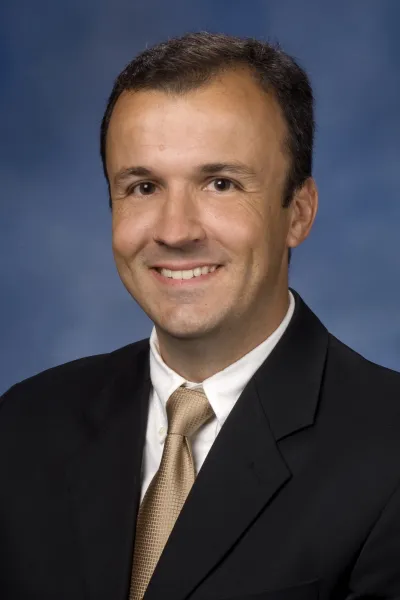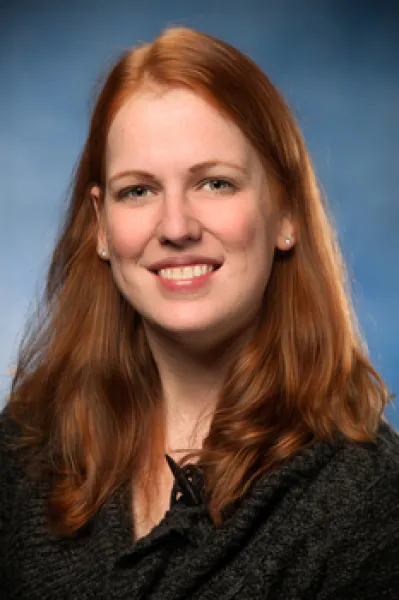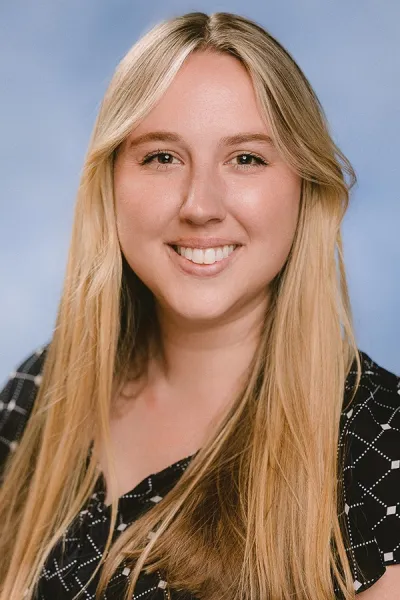Theriogenology Residency
The Theriogenology area operates within the Food Animal Medicine, Surgery, and Theriogenology section. A residency program of three years in duration is available to those applicants, which are selected for this position. The program provides advanced Theriogenology training and preparation and anticipation of the resident applying for and taking the Board examination for The American College of Theriogenologists. The three-year program is contingent upon evaluations by the Theriogenology and Reproductive Medicine faculty members and the department on a quarterly, bi-annual, and annual basis throughout the program.
Graduate study leading to the attainment of the Master's Degree is optional of the resident. The resident will be expected to prepare for the certification examination by interacting with faculty, literature reviews, case discussions, and obtainment of all information relevant to the passing of the board. The program at The Ohio State University, Theriogenology and Reproductive Medicine Service, is a multi-species program. The successful applicant will see cases involving bovine, equine, camelid, small ruminant and small animal with possibility of involvement in some zoological species. Therefore, interaction of resident with clinicians in the food animal, equine and small animal sections is anticipated as well as possible interaction with the zoo veterinarians at the Columbus, Cincinnati and Cleveland Zoos and at The Wilds.
Additional Residency Resources learn more about our veterinary health system
Objectives
The objectives of the program are for the resident to:
- Develop comprehensive, state-of-the-art expertise and clinical proficiency in Theriogenology;
- Satisfy the criteria necessary to qualify for Board Certification, and to prepare the resident for successful completion of the Board Certification Examination;
- Prepare for future career goals of teaching, clinical research, scientific publication, or specialized practice; and
- Attain the Master of Science degree in a specific area of research endeavor.
Our Team
Prerequisites and Applications
- All potential residents must meet the minimum requirements and qualifications (see Residency Program Handbook, CVM Graduate Program Handbook and Graduate School Handbook).
- Applicants must be either U.S. citizens or permanent residents of the U.S. the Ohio State University cannot sponsor or process F, J, or H-1B visa applications for resident positions. We also cannot accept TN visas. Successful applicants must be available to report to The Ohio State University Department of Veterinary Clinical Sciences no later than the scheduled beginning of the program.
- Applicants must be graduates of an AVMA-recognized College or School of Veterinary Medicine and have completed a one-year rotating internship or acceptable equivalent clinical experience.
- All requirements must be met to hold and maintain a limited license to practice Veterinary medicine in the State of Ohio – click here for information on licensure requirements.
- Currently admission requirements include:
- a minimum 3.0 GPA for all undergraduate coursework
- a minimum 3.0 GPA for professional (veterinary degree) studies;
- a minimum 3.3 GPA for all graduate coursework
Employment and Benefits
- Salary
- Health insurance
- Travel allowance
- Personal + Professional days leave (from policy)
- External consultation and employment
- Licensure
- Tuition Assistance
Clinical Rotations
The specific responsibilities of the successful applicant would include working with senior clinicians until a level of confidence is determined by the faculty to permit the successful applicant to handle individually cases in any of the areas. The resident will accept full patient responsibility at the discretion of the section head and/or other senior faculty members within any of the sections within the Department of Veterinary Clinical Sciences. The resident will assume responsibility on the Food Animal Emergency schedule rotation with the Food Animal Medicine and Surgery residents to handle all cases presented to the veterinary hospital in the Food Animal Section. The resident will also be called upon to assist in other sections within the hospital on Theriogenology cases on an emergency basis where necessary.
Educational Opportunities
Participation in departmental and section seminars, journal clubs and lectures is required in addition to the course requirements for the obtainment of the Master's Degree if the resident chooses to enroll in the program. The Master's Degree can involve any segment of Theriogenology including the interaction of research interests with other departments within the college or other colleges on campus. Details can be found in the Residency Program Handbook.
Graduate Program
- Residents enrolled in the MS program must successfully pass and complete 20 didactic graded credit hours of graduate courses and 10 non-didactic credit hours for a total of 30 credit hours of graduate courses as a requirement for completion of their degree. In the past, residents have fulfilled their didactic coursework requirements by the end of the 2nd year or early in the 3rd year of their programs.
- Original research or clinical investigation leading to scholarly publications is required by the department. Significant research leading to an MS thesis is standard for residents. Residents in the MS program can request for the non-thesis option after arrival; Residents can request a transfer to the non-thesis MSc program up until the end of the spring semester of their second year of a three-year residency program.
- The College's Council on Research reviews proposals and administers funds for research projects. Opportunities are also available to collaborate on extramurally-funded research projects with faculty in the Department of Veterinary Clinical Sciences, the Department of Veterinary Biosciences, and the Department of Veterinary Preventive Medicine.
Teaching Responsibilities
Teaching responsibility to fourth year veterinary students is one of the important functions of the residents. This teaching will occur both in the Theriogenology labs as well as on the clinic cases presented to The Ohio State University. The residents will participate in daily ward rounds unless this is prevented by formal class, which will lead to obtainment of the Master's Degree. Furthermore, participation in section research projects is encouraged as well as participating in selected lectures in core, elective and continuing education courses. The resident will conduct assigned section seminars. The publication of case reports for review articles is encouraged realizing that the major focus of the Theriogenology residents will be the research involved with the obtainment of the Master?s Degree and publication of results of that research. Details can be found in the Residency Program Handbook.
Evaluations
- Department of Veterinary Clinical Sciences: Formal Resident Performance Evaluations are completed by December 1st and June 1st each year. Details of the nature and structure of these evaluations can be found in the Residency Program Handbook.
- A formal resident evaluation form (as adopted by the Graduate Studies Committee) is completed, presented to the resident for discussion. Once finalized the evaluation is distributed to the resident, Department Chair, Section Head and the Graduate Studies Committee Chair as a matter of record.
Updated8/31/2022
Contact us
Specific questions about the Theriogenology residency program can be directed to:
Marco Coutinho da Silva
Theriogenology and Reproductive Medicine Section Head
Phone: 614-247-8801
Email: coutinho-da-silva.1@osu.edu
For general inquiries, please contact the VCS Education Program Coordinator:
Chelsea Souder
VCS Education Program Coordinator
Phone: 614-688-0332
Email: Souder.60@osu.edu



